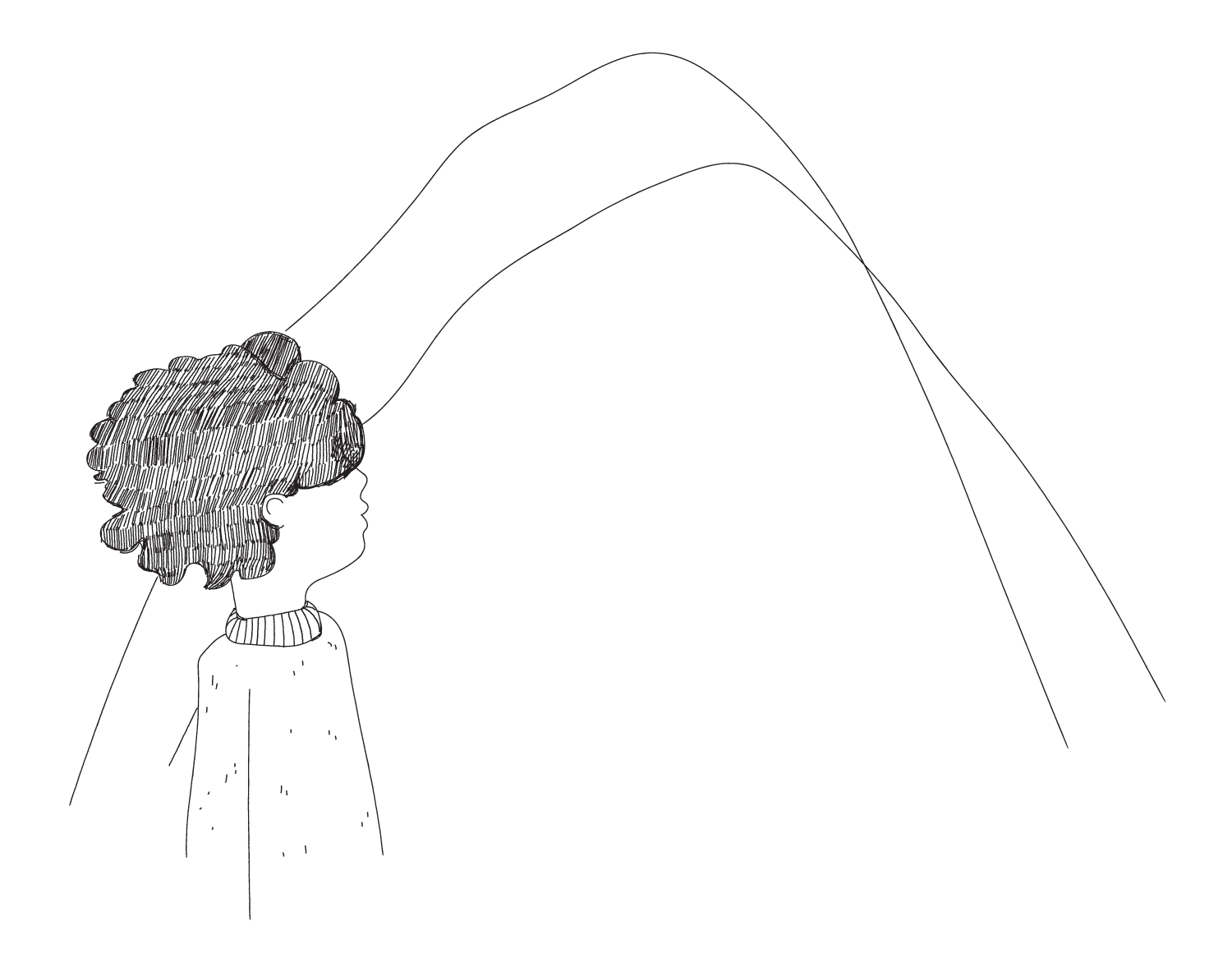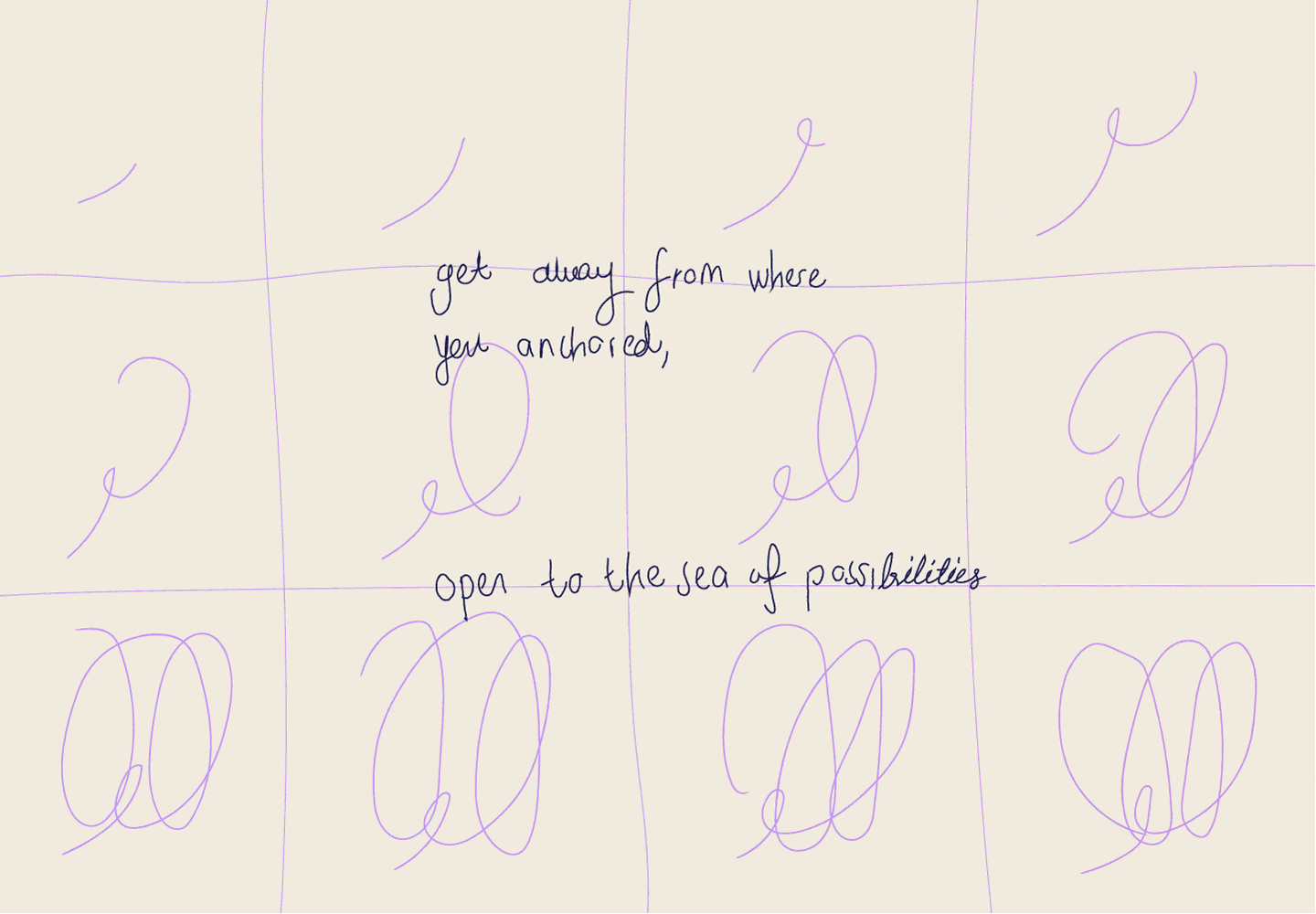Relational integrative psychotherapy
My Therapeutic Approach
As a relational integrative therapist, I integrate psychodynamic, existential and humanistic theories.
I do not diagnose, I do not label and I do not approach my clients from a pathological perspective.
I see psychotherapy as an opportunity to explore and discover past and present in ways that allow each unique individual to live their life with greater inner freedom and less emotional baggage.

Feelings and experiences are as unique to an individual as their own fingerprint. As such, I avoid generalisations and theoretical assumptions. I try to understand my clients, in their own world and I work from there.
In relational therapy, the therapist is not seen as an expert who diagnoses and fixes but rather a participant who observes and questions the process together with their client.
Through the lens of integrative therapy, I integrate object relational, existential and humanistic theories according to client need and sensitivity.
Object Relational Therapy
This approach uses a variety of psychoanalytical principles however object relational theory deviates from the classical Freudian approach as the mind is understood in more relational terms.
This approach empathizes the importance of the relationship between baby and primary caregivers. In this context, the term ‘Object’ refers to the primary care givers of an infant.

Existential Psychotherapy
Meaninglessness, loneliness, a sense of void and suffering are at the essence of human experience. The main aim of existential therapy is to explore these feelings rather than fight or negate them. Through existential psychotherapy, feelings such as these are framed as an existential call for us to understand ourselves on a deeper, more authentic level.
We cannot change the past but we can change our responses to situations we find problematic.In this context existential therapy emphasizes personal freedom and helps us claim responsibility in making conscious choices about our response to the world around us.

Feelings must not be seen through the lens of pathology.
Existential therapy does not view anxiety and depression as illnesses but instead, it sees them as human conditions that need to be understood. Through this approach, the individual is not viewed as a ‘fixed’, rigid being. Instead a more fluid approach to our experience is discovered.
Humanistic Psychotherapy
Humanistic psychotherapy posits that we all have potential for growth but sometimes life experiences block this potential. Humanistic psychotherapy adopts a non-direct approach to client interactions and avoids pushing the conversation in any specific direction - allowing the clients own agenda to unfold. The humanistic approach sees every human being as having the strength to create their own destiny.